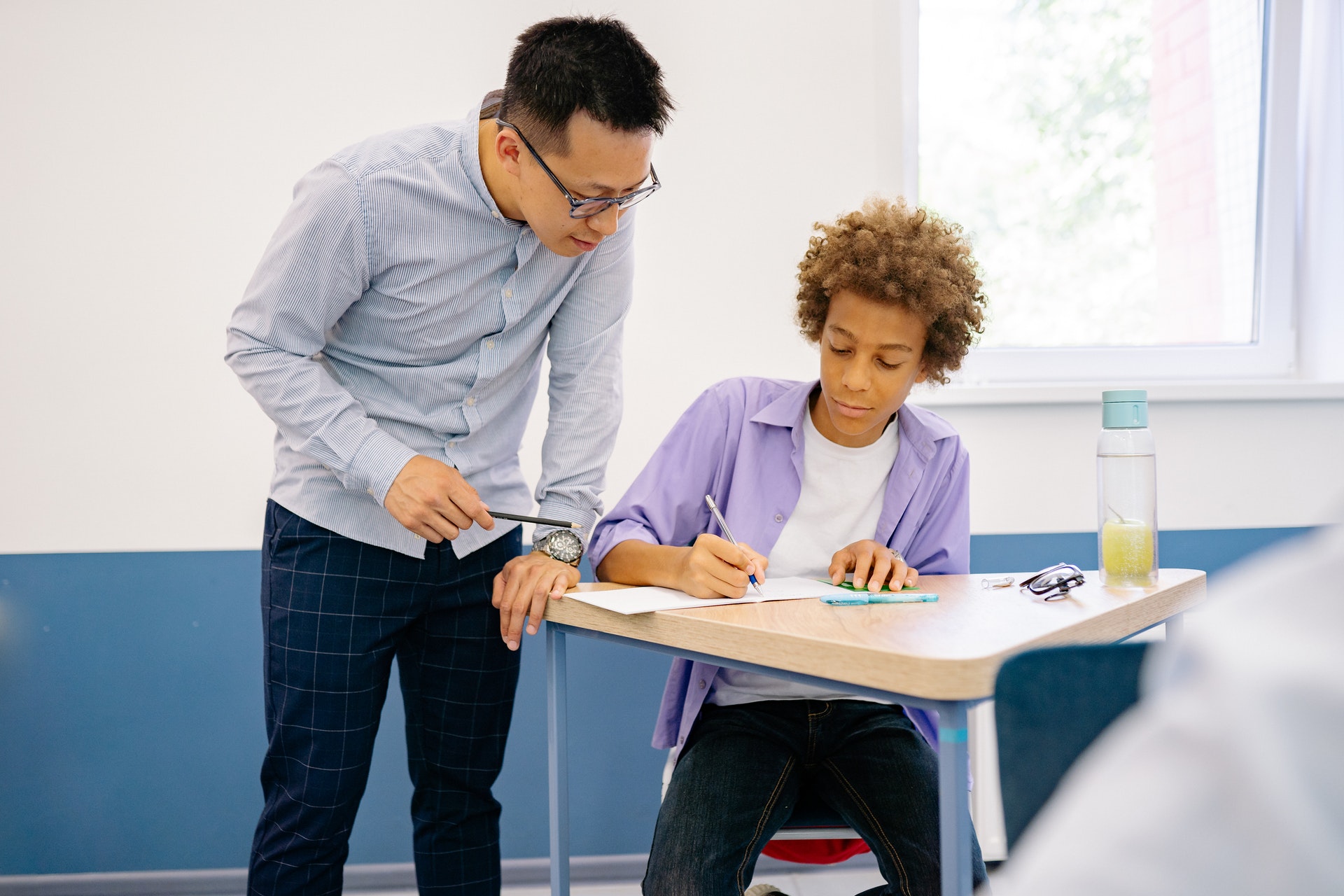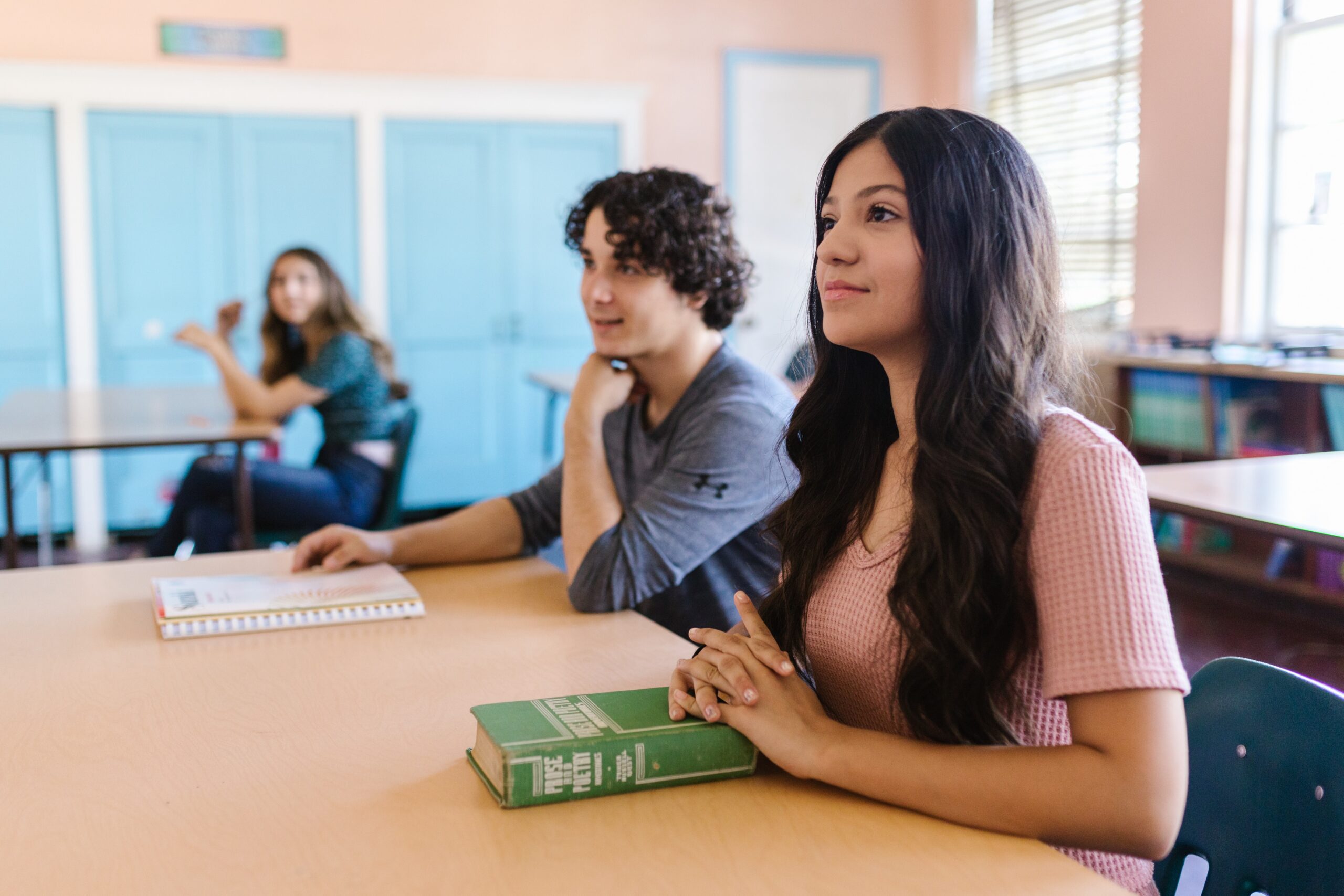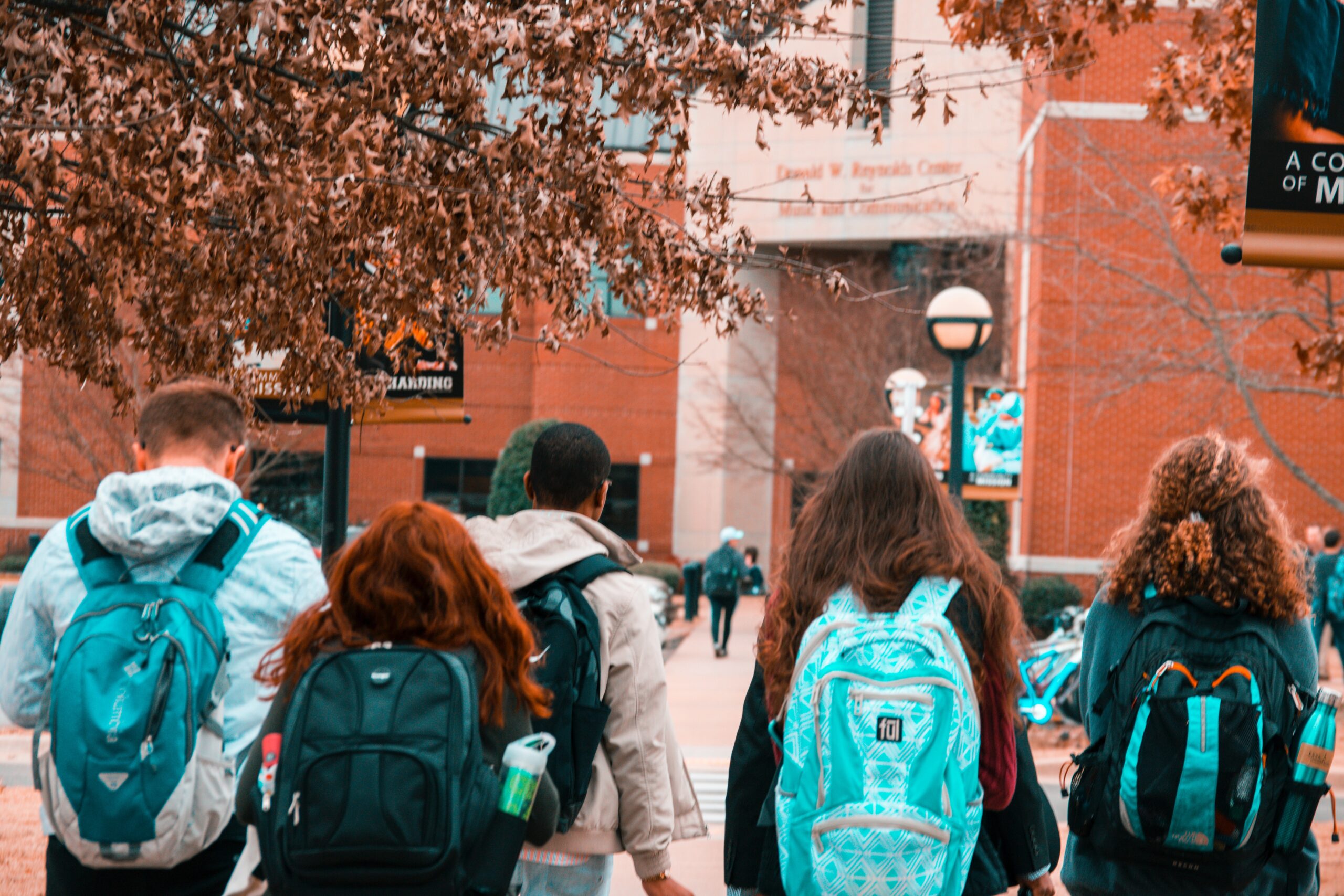
A Commitment for Educators: Being Fully Present in the Moment
By: Tim Elmore

We all imagine a perfect life from time to time. What would it be like if we had no worries, all the pleasures life could offer, all the friends one could hope for, and all the resources we’d ever need? We can dream, can’t we?
May I remind you of a true story?
In 1993, Joan Ginther won the lottery while living in a small Texas town. She raked in $5.4 million dollars and suddenly was rid of the distractions of a house payment, car payment, and other debts she owed. Believe it or not, Joan won the lottery again in 2006, when she won another $2 million. Wow. Talk about a stroke of luck. Two years later, she bought another scratch off lotto ticket and won a third time. This time, it was $3 million. Unbelievable. But she wasn’t done. In 2010, Joan Ginther won a fourth lottery for $10 million dollars, bringing her total winnings to $20.4 million. The odds of this happening is one in 18 septillions. If you saw a movie about her story—you’d never believe it.
It may surprise you, however, to learn that Joan’s life is not perfect.
Joan still has difficult days. All the money she’s won has only allowed her to trade one set of problems for another. She’s now distracted by other realities, not the least of which is keeping a low profile now that word is out about her wealth. I am sure you’ve heard horror stories of people who’ve won millions of dollars in a lottery and less than five years later find themselves bankrupt. I always ponder—how could this be?
I believe part of the problem is our distractions. Our situation changed, but we didn’t.
The Art of Being Fully Present
We all know this. We live in a culture with so many options, so much going on every moment of the day, that we get distracted. Our smart phones cause FOMO (the fear of missing out). Social media causes FOMU (the fear of messing up). We endure self-imposed pressures to get so much done each day that we feel compelled to multi-task. Technology has made life more efficient, but it hasn’t removed this pressure. We only push ourselves to accomplish more. This is why someone can win a million dollars, but the external changes to her life don’t transform her if she hasn’t changed internally.
May I suggest a commitment I have made going into the new year?
I’m learning again to pay full attention to the moment I am in. I am learning the art of being fully present. Nancy Collier is a psychotherapist who reminds us, “When we’re fully present, we feel connected to life and everything in it. We are part of the moment, inside it.”
- If you’re a teacher, it means you’re fully present with your students.
- If you’re a mother, it means you’re fully present with your children.
- If you’re a leader, it means you’re fully present with your team.
- If you’re alone, it means you’re fully present with yourself.
My problem has been that I’m preoccupied with the past and the future. I am either distracted by mistakes I’ve made or by plans I’ve laid. Being present means not thinking about our pasts, nor projecting into our futures. I conducted an experiment years ago when I discovered how smart technology was enabling me to achieve more each day. I recorded the accomplishments from my to-do list and diagnosed whether I was satisfied when I actually got more done. I discovered something very telling. My satisfaction was temporary. In less than a year, I was pushing myself to get even more done. The issue wasn’t accomplishing a certain amount of projects, it was my drive to achieve more and more.
I began wondering, how much is enough?
Practicing Presence
I believe we should never abandon our ambition to achieve. I want the team I serve to feel I give them my best each day. However, I have found I’m at my best when I fully embrace the moment I am in. To soak up time with my wife and children on a holiday. To soak up time when I am pulling weeds in my backyard. To soak up time listening to a colleague tell me about their weekend. This means I must remove the distractions of the past and future. Abraham Maslow said, “The ability to be in the present moment is a major component of mental wellness.” Easier said than done. Let me offer some ideas I am practicing that seem to help.
Four Ideas for Being in the Moment Each Day
- Constantly jot down thoughts so you don’t lose them.
Often, what prevents me from being mindful in the moment is the fleeting thoughts, ideas, or projects that distract me when I’m trying to focus on something else. I commit to jotting down those distractions so I don’t lose them but remain present in the moment.
- Let yourself waste time and wander each day.
I actually plan time for distractions instead of cramming each moment with activity. I let my mind wander. At first, I had to stop calling those times distractions or interruptions because they felt like such a waste. When I let my mind waste time and wander a bit, I’m more ready to focus later.
- Find time to pause and consciously breathe for a moment.
Mindfulness is the opposite of distraction. When we are mindful, we are fully present. Like others, I breathe consciously. I close my eyes; I pray; I focus my mind and become aware of my surroundings. I stop reacting to the rat race and begin to focus on a slow pace.
- Mono-task: focus on one item at a time.
The only way I can be fully present is to mono-task (focus on one objective) rather than multi-task (focus on many objectives). I have to force myself to not get preoccupied with where this conversation or situation may lead and just enjoy it for what it is.
In this new year, why not make this same commitment? Live each moment well. Perhaps President Abraham Lincoln put it best by saying, “I don’t know who my grandfather was; I am much more concerned to know what his grandson will be.”







